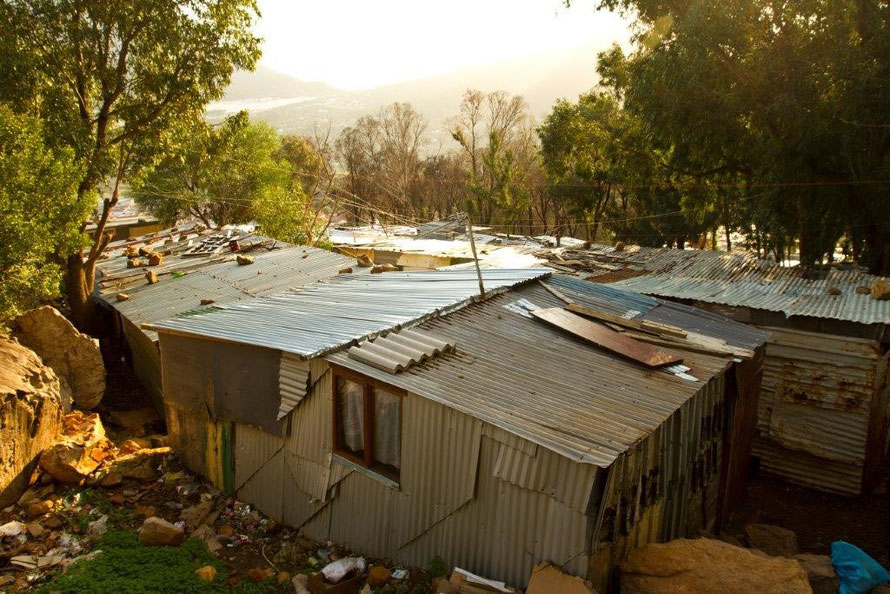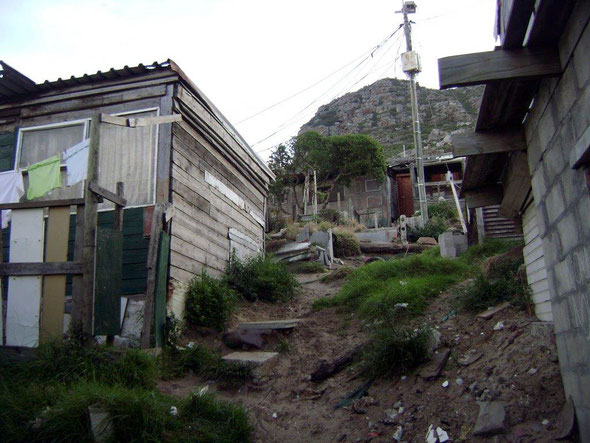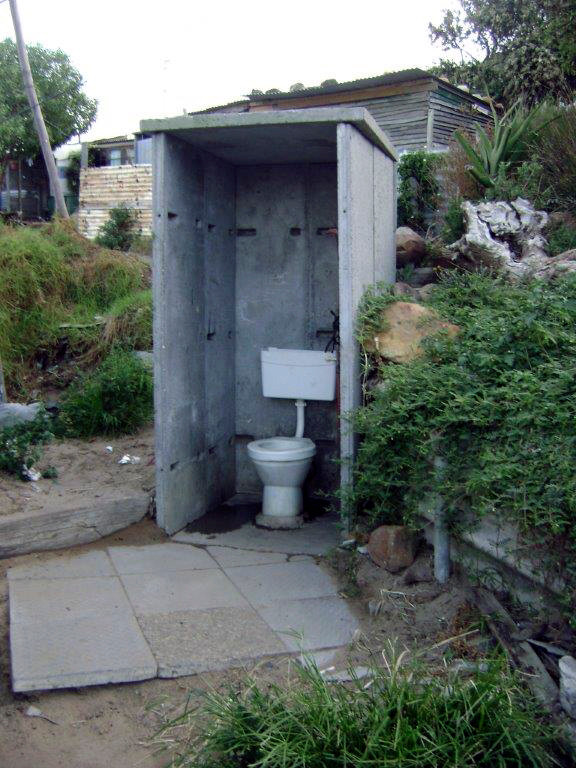Jikeleza Dance: Social conditions in Imizamo Yethu and Hangberg townships (Updated April 2014))
'Jikeleza is not just about dance, though. It’s about respect for yourself and everyone that you come into contact with. I come from a very complex background with many issues, and I have to find the strength each day to carry on without all the negative influences in my community. Jikeleza is my "best friend". It has given me a better life to live and helped me survive.'
Luthando Jeje, Cape Town City Ballet undergraduate programme (1984-2014)
Summary
Hout Bay is a stark microcosm of the new South Africa that is struggling to escape the spatial and racial divisions of the old Apartheid South Africa.
Jikeleza Dance works exclusively in and between the Coloured community of Hangberg and the Black African community of Imizamo Yethu in Hout Bay.
Hout Bay is a fishing village on the Cape Peninsula that has expanded into a distance suburb of Cape Town and is marked by a staggering level of inequality between its White and Coloured and Black communities.
Jikeleza Dance works with some of the most impoverished and disadvantaged communities and children and young people in South Africa. In addition it works across and between Coloured and Black African communities with very different traditions.

The 2011 Census data for Imizamo Yethu
Jikeleza Dance works in the township of Imizamo Yethu.
Here is a table of the long-awaited 2011 census breakdown for the informal settlement of Imizamo Yethu in Hout Bay in the Cape Peninsula in South Africa.
The total population of Imizamo Yethu was 15,538 comprising 6,009 households with an average household size of 2.59 - many of which will be single-parent households. 44 per cent of the population is under the age of 25.
In very brief summary the table shows that:
- three quarters of households live in shacks;
- a quarter of households have no income at all and half live on less than £21 a week;
- a third of the working age population is unemployed;
- over two-thirds of the population over 20 years of age has not completed secondary education;
- access to services is average to poor with a fifth of households having no access to electricity, two thirds having acess to piped water though communal standpipes and a third having no access to flush toilets.
To put this into some kind of context the white population of Hout Bay (9,778) has
- an unemployment rate of 3.3%;
- 87% of housholds have an income of over R3,200 a month while 51.8% have an income of R51,200 a month;
- 63% have gone onto higher education
- 98.8% live in formal dwelling i.e. proper houses
Imizamo Yethu 2011 Census Details
Housing
- 77% of households live in informal (shack) dwellings.
Employment and Income
- 33% of the labour force (aged 15 to 64) is unemployed.
- 24% of households had no income
- 26% of households have a monthly income of between 1 and 1600R (£90)
- 50% of households (in number 3,005 households and approximately 7,783 people) are living on less than £21 a week
- 29% of households have a monthly income of between R1,600 and R3,200 or less.
Education
- 69% of those aged 20 years and older have not completed secondary education Grade 12 or higher.
Access to services
- 62% of households have no access to piped water in their dwelling or inside their yard.
- 32% of household have access to no toilet system at all – no bucket, latrine, flush toilet etc.
- 38% of households have no access to a flush toilet connected to the public sewer system.
- 20% of households have no electricity for lighting in their dwelling and use paraffin and candles for cooking, heating and lighting.
- 22% of households have no source of heating.
- 39% of households do not have their refuse removed at least once a week.
You can download the City of Cape Town 2011 census profiles of Imizamo Yethu and Hout Bay below.
The problems that beset these communities include terrible housing for the majority in informal dwellings cramped together in insanitary conditions where flooding and devastating fires are all too commonplace.
Unemployment stands at 30% and incomes are pitifully low. Crime is an ever-present danger and the twin scourges of HIV/AIDs and TB are rampant.
Drug and alcohol abuse and the neglect and abuse of children are huge problems that the few service providers to these communities struggle to contain. Schools are woefully over-crowded, particularly at secondary level, and the promised improvements to community facilities and infrastructure have been slow to materialize.
The economic downturn of 2008 continues to have a negative impact on the life chances of children in Imizamo Yethu and Hangberg while demographic pressures and the increase in the number of informal dwellings is intense.
Detailed Social Conditions
Target Communities
Jikeleza’s target communities are Imizamo Yethu (8,063 of whom 95% were Black African) and Hangberg (5,553 of whom 93 per cent were Coloured) in the 2001 census. Just over 7,000 Whites also live in Hout Bay.
Employment and Income
In Imizamo Yethu in 2003 most households (77%) were headed by a single person, unemployment stood at 28% and has worsened since, nearly a quarter of households had no income other than social grants and over half of households had an income of less than £98 (R1,500) a month.
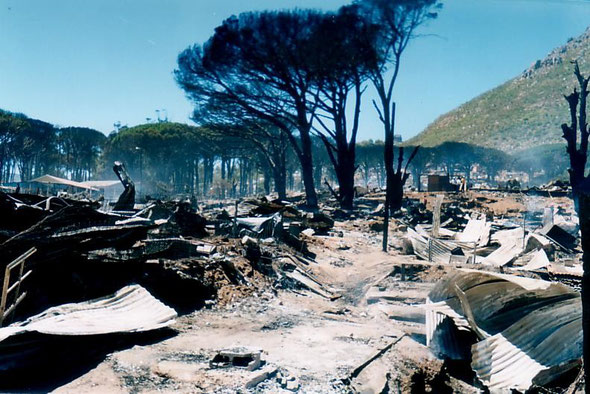
Housing and access to water, electricity and sanitation
In Imizamo Yethu 94 per cent of dwellings (1,881) are shacks of corrugated iron and other materials. 65 per cent of households did not have access to either a private or communal flush toilet. 86 per cent had access to communal taps and 58 per cent have access to electricity.
The settlement of Hangberg is more complex with old Apartheid era blocks of flats (447), a compound of hostels housing international migrants from Angola and Namibia and an increasing number of informal dwellings (368). In Hangberg 17% of households have no access to a flush toilet and 29% have only access to a communal flush toilet. 76% of households have access an internal water supply and 97% to electricity.
Crime and violence
Between April 2004 and March 2011 in Hout Bay there were 93 murders and 117 attempted murders, 402 sexual crimes, 1,534 assaults with the intent to inflict grievous bodily harm, 4,413 burglaries at residential properties, 1,050 incidences of drug-related crime and 976 robberies and aggravated robberies. Two South African Police Service personnel were murdered in Imizamo Yethu in October 2012.
HIV/AIDS
A local community health worker in Hout Bay estimated that in 2007 there were 2000 Imizamo Yethu residents living with HIV/Aids and 500 taking Anti-Retrovirals.
Children’s Welfare
Cape Town Child Welfare reported in its 2011 Annual Report an increase in case loads for vulnerable children in all areas of the Cape Town townships. In Hout Bay case loads rose 87% in two years.
The report notes,
‘the community in Hangberg and Imizamo Yethu experience many challenges. Chief amongst these are poverty and unemployment, leading to neglect and abuse of children. Children have also become targets for sexual predators … Children are often left unsupervised by caregivers, making them easy targets.’
‘The communities in question have become a haven for drug merchants and illegal taverns, with an … alarming increase in substance abuse by younger children leading to poor school performance and early school drop-out, behaviour problems and risky sexual behaviour with teenage pregnancy and the increase in STD’s including HIV/AIDS p.7.’
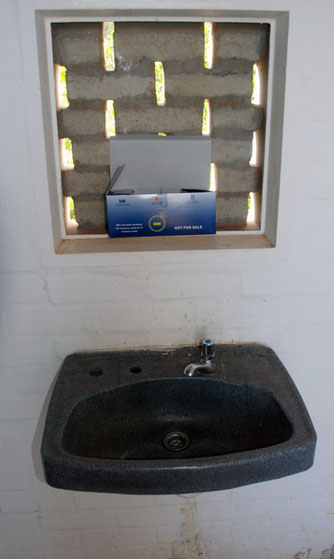
Atholl Hay, one of the founders of Jikeleza has said:
We started Jikeleza originally to serve the children of under-privileged communities. Within a couple of weeks we had more children than we could handle .... The joy just shines out of them when they perform and then they go home to houses that don’t have running water, they don’t have toilets and yet somehow these kids just rise above that.
We talk about how we use Jikeleza to turn the children’s lives around but I think each and every one of use who has been involved in Jikeleza has had their lives turned around and probably upside down as well.
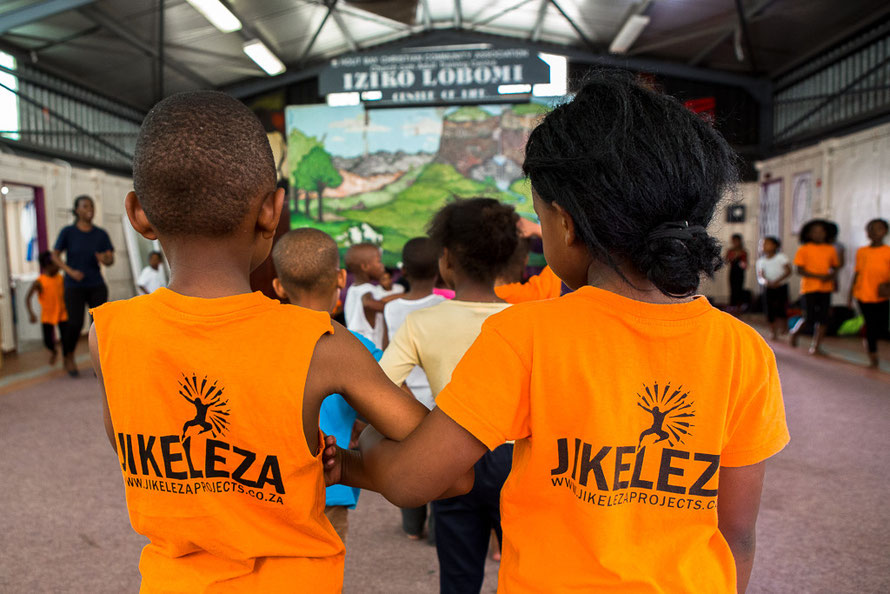
For more on social conditions see Peninsula Townships and for more general information on poverty and inequality see Township Poverty.


